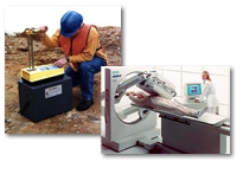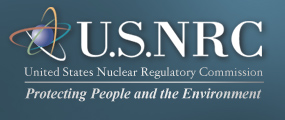
Fuel Cycle Facilities
What We Regulate
The U.S. Nuclear Regulatory Commission (NRC) regulates uranium recovery facilities that mill uranium; fuel cycle facilities that convert, enrich, and fabricate it into fuel for use in nuclear reactors, and deconversion facilities that process the depleted uranium hexafluoride for disposal. The NRC also regulates the fabrication of nuclear fuel, which is a combination of uranium and plutonium oxides. See the following pages for details:
- Stages of the Nuclear Fuel Cycle
- Uranium Conversion
- Uranium Enrichment
- Fuel Fabrication
- Deconversion of Depleted Uranium
How We Regulate
The NRC regulates fuel cycle facilities through a combination of regulatory requirements; licensing; safety oversight (including inspection, assessment of performance, and enforcement); evaluation of operational experience; and regulatory support activities. The purpose of those activities, by the NRC's Office of Nuclear Material Safety and Safeguards, is to ensure adequate protection of the health and safety of workers and members of the public, safeguards and security, and the environment for activities performed at the fuel facilities. Product quality issues related to reactor performance which do not represent a hazard to workers or the public at fuel cycle facilities are inspected and monitored by the Office of Nuclear Reactor Regulation. For details of the first three components, see the following pages:
- Regulations, Guidance, and Communications
- Licensing
- New Fuel Cycle Facility Licensing
- Oversight
- Fire Protection Program
- Public Involvement
See How We Regulate for more information.

